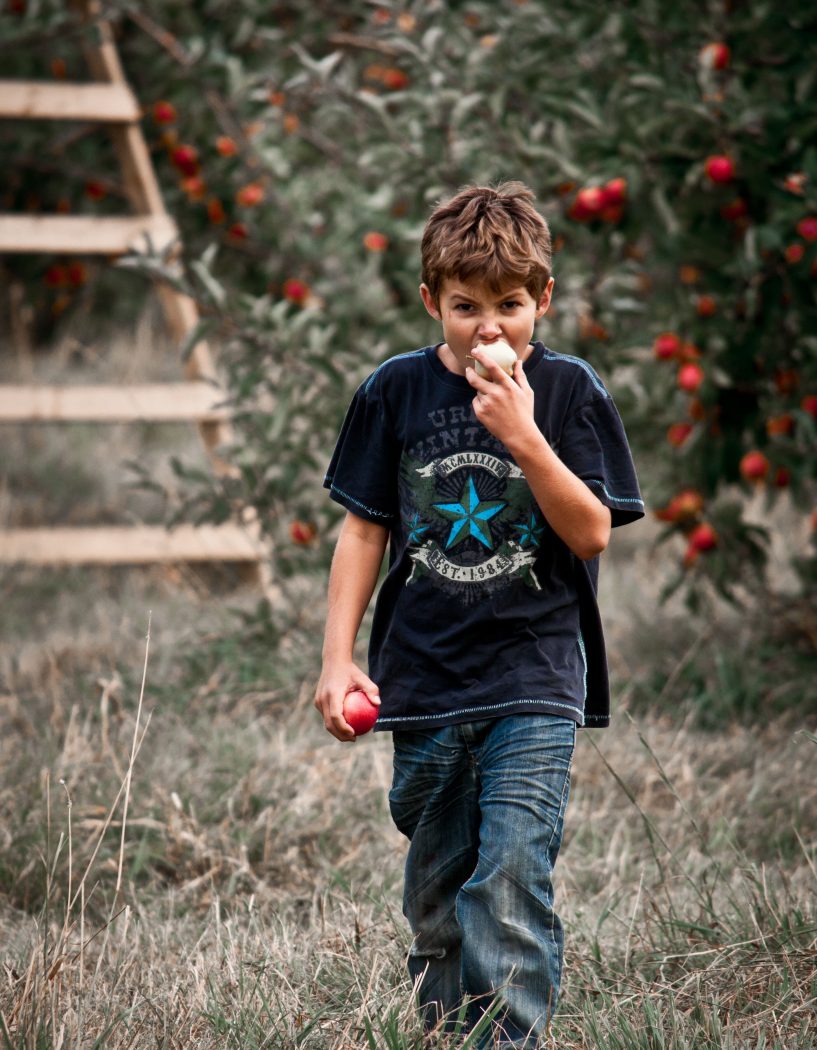Veganism is a hotly contested diet and way of life. Many argue that the absence of dairy and meat from a child’s diet is a recipe for disaster, however, science has continually proven the health benefits of a balanced and well-planned vegan diet.
Fad diets have come and gone but veganism continues to take over the world as scientific evidence behind the health trend has changed the eating habits of millions of people. To be vegan is to maintain a diet without the consumption of animal products. This means no meat, dairy, cheese or eggs. For those who have enjoyed an omnivorous diet throughout their life, eating cake and a hearty steak without a care, this diet may seem extreme and overwhelming.
Why should I eat vegan?
A well-balanced vegan diet has shown to provide health benefits, such as the reduced risk of chronic diseases associated with high-sugar and high-preservative diets. This includes:
- Obesity
- Coronary artery disease (damage or disease to the heart’s
major blood vessels) - Type 2 diabetes
- Hypertension (high blood pressure)
- Some types of cancer, specifically bowel cancer which can be
caused by a high consumption of red or processed meat.

How?
The livestock industry produces 60 per cent of greenhouse gas emissions in farming, not to mention the global acidification of ocean water, and the impacts of eutrophication which is the build up of nutrients in water bodies that destroys wildlife.
Researchers estimated a vegan world would produce 49 per cent less greenhouse gas emissions from food, 50 per cent less acidification, and would reduce water use by 19 per cent.
Oxford University researcher Joseph Poore says that going vegan “is probably the single biggest way to reduce your impact on planet Earth.”
NEED TO KNOW!
Ensure a balanced diet so that children still receive adequate amounts of vitamin D, calcium, iron and vitamin B12. Vitamin B12 is hard to find in a vegan diet so a B12 supplement is recommended.
Can we get all the same nutrients on a vegan diet?
Yes, of course! However, it is recommended that vegans eat legumes and nuts every day to ensure enough daily nutrient intake.
Iron in a vegan diet is surprisingly, not hard to come by. The best sources of iron include cereals fortified with iron such as Weet-Bix and All-Bran, legumes, tofu, green leafy vegetables such as spinach and dried fruits. The most crucial times for a child raised on a vegan diet is under the age of five, and when girls hit puberty as that is when iron levels drop.
Zinc allows for the development of our immune system and so
they are vital in a healthy vegan diet. Zinc is commonly found in
nuts, miso, tofu, legumes and wholegrain foods. A lack of zinc can
make your child more susceptible to disease and illness.
Calcium is needed for a child to build strong bones and teeth.
It can be found in cereals fortified with calcium including Corn
Flakes and Raisin Bran, soymilk, Asian green vegetables, almonds
and Brazil nuts.
Protein is important for building bones, muscles, repairing
skin and blood. It is found in tofu, tempeh, lentils, chickpeas,
seeds, oats, soymilk and vegetables such as peas, sweet potatoes,
broccoli, potatoes and asparagus.

What goes into my child’s vegan lunchbox?
Dietitian Amber Sewell-Green, who specialises in plant-based
nutrition, suggests:
- Wholegrain wraps with fillings such as hummus, avocado, tofu
or tempeh - Lentil or quinoa salads
- Enchiladas with beany fillings
- Homemade bliss balls
- Homemade popcorn
- Snack packs of crunchy fava beans.
While ensuring your child is attaining the necessary vitamins and nutrients that are essential for their healthy development, a vegan diet can be cleansing and even strengthening for a growing child. As a diet that separates itself from preserved meats and cheeses, a vegan diet can reduce the chances of several life-threatening illnesses while also having a positive impact on the environment.



